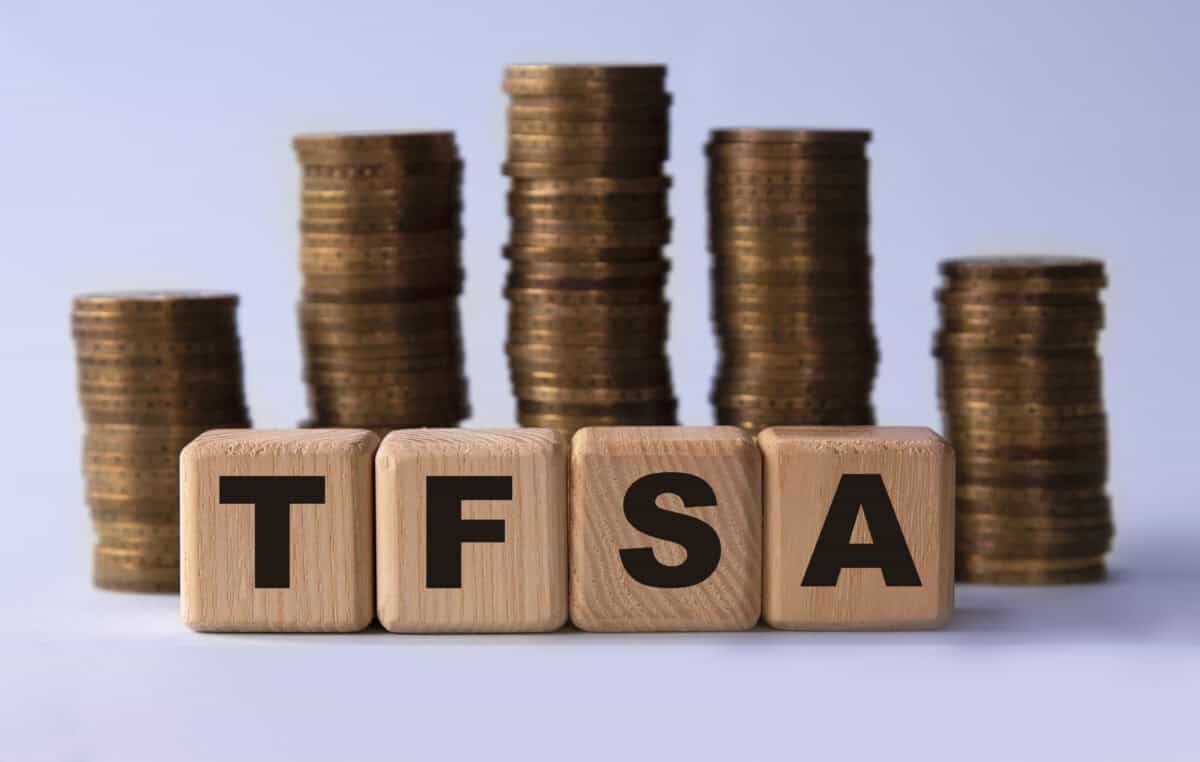Bussiness
Here’s the Average TFSA Balance in 2024

Have you ever wondered what the average TFSA balance is?
It might sound like trivial information, but in some ways it could be useful to know. For example, it could help you measure your own savings progress. In this article, I will share the best estimate of the average TFSA balance in 2024, courtesy of a major Canadian bank.
About $41,000
According to estimates from the Bank of Montreal, the average Canadian has about $41,000 in their TFSA. That comes from a survey of 1,510 randomly chosen Canadians conducted by a professional polling firm – in other words, this wasn’t some simple straw poll of BMO’s customers. The survey had a reasonably good chance of sampling “average” Canadians.
So, the estimate was probably reliable. BMO’s survey revealed a number of other useful tidbits of information too, such as the following:
- The average TFSA balance has risen 53% since 2018, when it stood at $27,053.
- The average TFSA balance rose 9% from 2022 to 2023.
- Average monthly living expenses increased by $397 per month in the same period.
So, Canadians’ TFSA balances rose considerably in 2023, but their living expenses increased even more. The 2023 annual increase in TFSA balances was about $3,464 per average account. If you invest $3,464 successfully at an ultra-high 10% yield, you get $346 per year, which is $51 less than the 2023 increase in monthly living expenses. A fully invested $95,000 TFSA, invested at a 5% yield or return, only produces $4,750 in income per year, which doesn’t cover the 2023 increase in monthly living expenses on an annualized basis ($4,764).
What all this means is that Canadians’ TFSAs are not growing at a rate commensurate with their rise in monthly living expenses. That’s a tough reality for some but, as you’re about to see, your TFSA could make a pretty big difference in your life if you use it intelligently.
How far $41,510 could take you
While your TFSA is unlikely to cover all of your living expenses (or even your annual increase in living expenses) any time soon, it could still help you reach your long-term savings goals.
Let’s imagine that you invested $41,000 into Alimentation Couche-Tard (TSX:ATD) five years ago. Enough TFSA contribution room had accumulated by that point for $41,000 to have been invested into ATD, even if you’d just recently contributed the money and realized no gains (you’d have to have been a certain age, however).
In the last five years, ATD approximately doubled in price, going from $41.97 to $81.49. More specifically, the exact increase in the price was 94%, which would have turned a $41,510 TFSA invested in the stock into $80,529, plus some small dividends. That $39,109 increase over five years’ time would actually go a long way in paying for your living expenses. Specifically, $39,109 is $7804 per year, or $650 per month – 86% of the average single Canadian’s non-housing living expenses ($750 per month).
None of this means to imply that you should go out and invest your TFSA into an all-ATD portfolio. Investors need to diversify to reduce risk; the Motley Fool generally recommends an at-minimum 25 stock portfolio. The choice of Alimentation Couche-Tard stock here simply serves to illustrate the effects of compounding – though including the stock as a part of your diversified portfolio may be okay.


)






